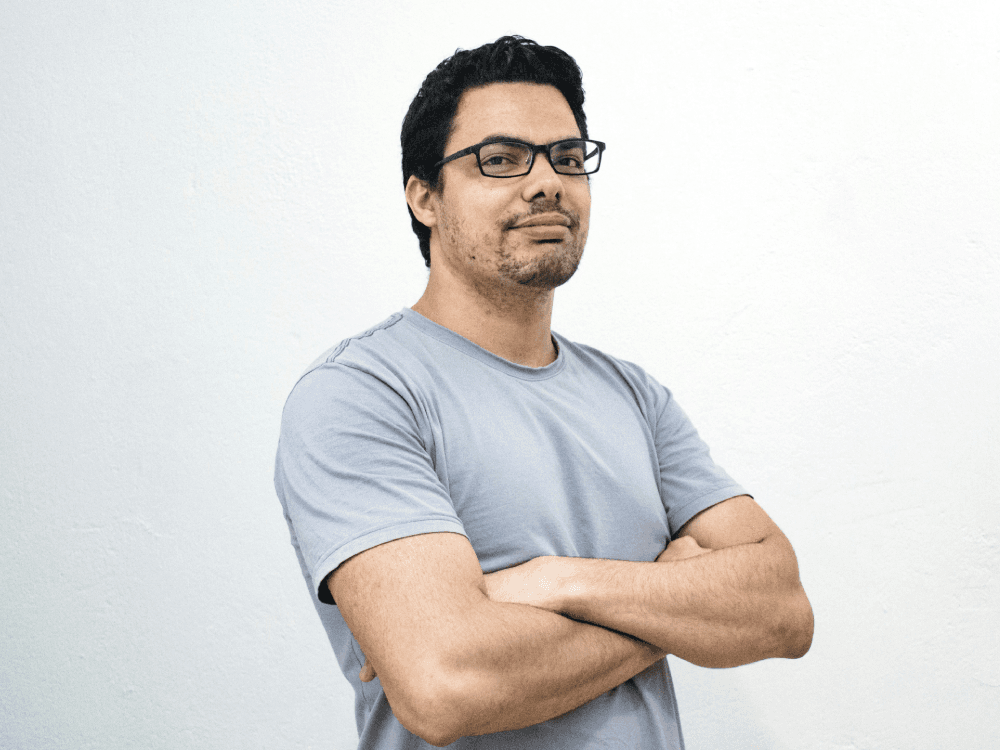Paul Saunders
Paul Saunders is a Toronto-based marketing consultant and writer with over 20 years’ experience in the Canadian investment industry.
For this week’s No More Ls column, we’re looking at how you can “pay yourself first” to boost your savings and reach your financial goals faster.
“Where does all the money go?” That’s a question too many of us Canadians ask ourselves at the end of the month. Sure, there was the $300 Costco run, the kids’ sports league fees, dinners with friends. And who knew the car would need new tires? Every month it’s a new combination of financial obligations that make us question when we will ever save anything for the long term.
Trying to figure out how to save on the fly is a recipe for failure because saving usually takes a back seat to other financial choices. Another method, called “pay yourself first,” is a more effective personal finance strategy because it prioritizes saving and flips the script on how you approach wealth accumulation. It’s when you put some money away for savings before you do anything else with your paycheque.
Unfortunately many people put off savings or don’t get their money working for them, which can have consequences later in life when those savings are really needed. But by taking action and putting yourself first you can, over time, turn empty piggy banks into healthy bank accounts.
What is the pay-yourself-first method?
Instead of saving leftover money at the end of the month, the pay-yourself-first method treats saving as a top financial priority—like a non-negotiable contract. You immediately set aside a portion of your income, typically on payday, before you spend it on anything else.
That money can go into a savings account or even a registered account which can offer tax savings. Many employers in Canada offer plans where you can designate a certain percentage of your paycheque to be automatically diverted to a registered retirement savings plan (RRSP), tax-free savings account (TFSA) or a similar account. Some employers also offer dollar-for-dollar or percentage matching, in effect growing your savings even more every payday.
Beyond making your savings imperative, there are real psychological benefits for paying yourself first. With your money tucked away, your monthly spending budget starts with what’s left over, taking the onus (and stress) off of you to find the extra money every month.
How much do you pay yourself?
The amount you pay toward your savings really is a personal choice based on your long-term goals and investment horizon. A popular approach is the 50/30/20 rule, where 50% of income is put toward needs, 30% toward wants and 20% toward savings and investments. In reality, any amount saved is a good first step, but every Canadian has to be realistic about whether the amount they select is adequate for what they want to achieve.
Consider these benchmarks:
- Saving 5% of your income is be a good place to start to help build savings habits and develop a small emergency fund
- Saving 10% to 20% works for those looking to build long-term savings and a retirement nest egg
- For those with more ambitious goals like early retirement, 20% to 30% or even more can help save more aggressively
It is all about finding the right balance that allows you to plan for the future, but still provides what you need to pay for everyday life, while still enjoying your everyday life. No one says you can’t buy that inflatable set of reindeer for the front yard (although your neighbours really wish you wouldn’t).
Why saving is so important for Canadians
Many research reports suggest that most Canadians have little to no savings on hand. Paying yourself is so important because it breaks the paycheque-to-paycheque cycle. Unexpected expenses can be paid for with the money you’ve saved. Life aspirations—like owning a home, planning a big trip and retiring—turn from lofty dreams to attainable goals. And maybe most importantly, saving helps reduce future stress, when you need the money.
The decision to prioritize saving is important, but just as critical is the decision of what to do with that money—so you can benefit from compounding returns, sometimes described as “interest paid on interest.” The magic of compounding interest is critical to growing savings, particularly as the cost of goods and services skyrocket over time.
Kira Smith of Brampton, Ont., grew up learning about RRSPs and the importance of investing, but now is helping her elderly parents, who didn’t follow those same lessons.
“My parents are of the pre-Boomer generation, who were taught to save and not indulge in the consumerism that younger generations do. But investing in stocks, bonds or mutual funds wasn’t as well promoted back when they were younger and they never took the time to learn after that.”
Her parents didn’t invest in vehicles that take advantage of compounding interest, says Smith. “Every dollar saved just sat there, not earning much interest or capital appreciation. Now with their health declining, we are stressed that the funds available aren’t enough to pay for in-home care and other expenses. I wish they had learned about these things long ago.”
Paying yourself first is not about making large lifestyle sacrifices today to pay for tomorrow. It’s about balancing priorities, staying disciplined and letting time take care of the rest. The sooner you start, the more you can accumulate for whatever the future holds.
The Get is owned by Neo Financial Technologies Inc. and the content it produces is for informational purposes only. Any views and opinions expressed are those of the individual authors or The Get editorial team and do not necessarily reflect the official policy or position of Neo Financial Technologies Inc. or any of its partners or affiliates.
Nothing in this newsletter is intended to constitute professional financial, legal, or tax advice, and should not be the sole source for making any financial decisions. Past performance is not a guarantee of future results. Neo Financial Technologies Inc. does not endorse any third-party views referenced in this content. Always do your due diligence before deciding what to do with your money.
© 2026 Neo Financial Technologies Inc. All rights reserved.



